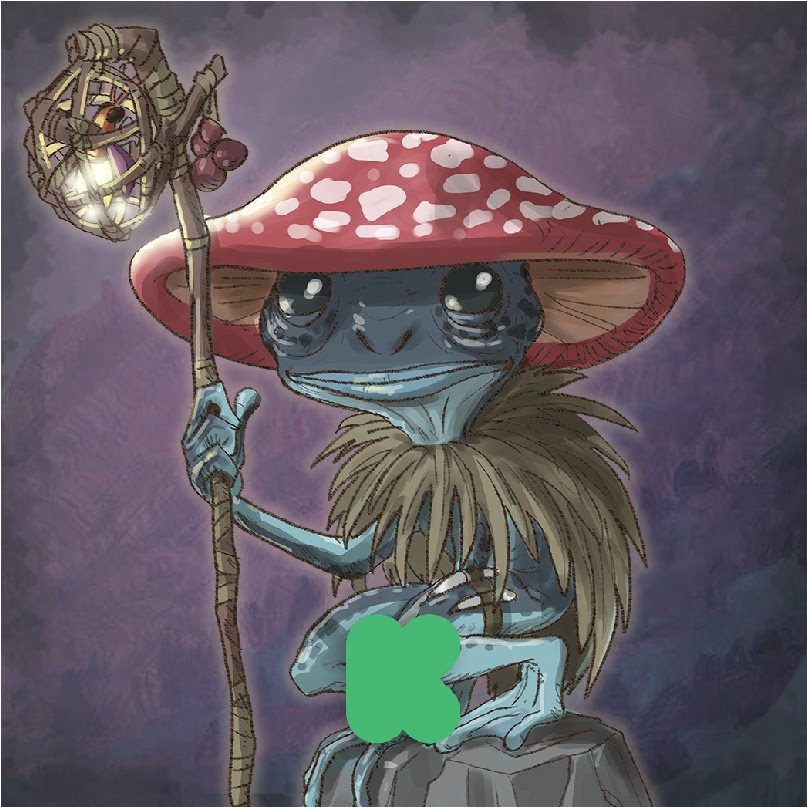Overmorrow refers to the day after tomorrow and I feel like it comes in quite handy for example.
I’ve got six of them:
- Tittynope: “A small amount left over; a modicum.”
- Cacography: “bad handwriting or spelling.”
- Epeolatry: “the worship of words.”
- Kakistocracy: “a state or society governed by its least suitable or competent citizens.”
- Oikophilia: “love of home”
- Tenebrous: “dark; shadowy or obscure”
‘Tenebroso’ is commonly used in Spanish, at least in Spain. This whole thread is very interesting.
Voldemort is Señor Tenebroso.
A lot of words in English have a Germanic and Latin version. The Germanic one tends to be more common in everyday use, while the Latin one tends to be more formal, a consequence of French being the language of the aristocracy back in the day. Spanish is all Latin-derived, so they would of course be the everyday words.
Confusing and confused comment.
English indeed belongs to the Germanic branch of the Indo-European language family i.e. has german it its core structure and basic vocabulary (pronouns, basic verbs, nouns). Also some idiomatic expressions are also rooted in its Germanic heritage.
Latin influence primarily came through old English (Latin via christianity) and middle English when the Normans invaded England. This Latin is mainly in areas like law, governance, religion and literature. It’s estimated that over 60% of modern English vocabulary is derived from Latin, often via French.
Greek is everywhere in the fields of science, medicine, philosophy, and the arts. It makes up a smaller percentage compared to Latin—perhaps around 10% of the English vocabulary, though it forms the basis of many complex and specialized terms.
A modern German speaker might recognize some English words with Germanic roots, but the recognition is often less obvious due to centuries of language evolution.
For Greek speakers, recognizing Greek-derived words in English is significantly easier and straightforward. This is because the words have been adopted verbatim, with barely any transformation. And these words usually fall in the category of more academic, high-level English.
In the parent comment for example, 4 out of 6 words are purely Greek (Cacography, Epeolatry, Kakistocracy, Oikophilia).
Feel like tenebrous being on a list of obscure words is tenuous, but maybe I just have esoteric interests.
Darth Tenebrous
Unlike many of these I’d heard it before but didn’t know its true meaning. It fits.
Oh, I also really like Mammonism: “the greedy pursuit of riches”, from the Biblical “Mammon”.
Kakistocracy: “a state or society governed by its least suitable or competent citizens.”
See also kleptocracy: rule by thieves. I not infrequently refer to our government as a kleptocratic kakistocracy
I’m a master in Cacography!
“Pardon my cacography” sure has a better ring to it than, “can you read this?”
That list is going to send me down a rabbit hole looking for the etymology of words
Petrichor: The smell of rain on dry ground. One of those things everybody knows about but lacks a word for.
It’s funny, literally every Doctor Who fan knows this word and what it means thanks to Neil Gaiman.
Apparently Streptomyces are the cause.
I learned about this in Amsterdam’s Groote Museum today, huh
Something I learnt recently and which is rampant on gay social apps: sphallolalia - flirting that doesn’t lead to meeting irl.
What a great word in today’s dating scene. Is it an older word that has been modified to be more modern?
I think it’s a modern word, as for example it doesn’t figure in Merriam-Webster. But it was created in a classical way, i.e. from Greek words meaning “stumble” and “talking”.
Obstreperous - noisy or difficult to control (as in “the boy is cocky and obstreperous”)
Defenestrate means to throw out of a window.
For example, “Someone should defenestrate Putin.”
Grandiloquent/sesquipedalian. It’s what you get when you use everything in this thread ₍^ >ヮ<^₎ .ᐟ.ᐟ
/s
My contribution is katzenjammer, which is a word describing a really bad hangover (in the English language). I believe it is used a bit differently in the German language, but don’t take my word for it.
I learned that word from an old comic from the late 19th century called The Katzenjammer Kids, which apparently is the oldest strip still in syndication.
It’s funny that a hangover in Dutch is a kater, or, (male) Katze
Internecine, meaning “destructive to both sides in a conflict”.
Petty bickering like that divorce where they had a judge adjudicate the distribution of their beanie baby collection was internecine.
As soon as I read “destructive to both sides in a conflict” I immediately thought of that case. And then you referenced it 😂
Sesquipedalian: A user of big words
I like that saying sesquipedalian makes you sesquipedalian.
This is my favourite too. I have a very sesquipedalian friend, and I had the honour of introducing him to the word.
Verantwortungsbewusstsein. Let’s get back to our roots.
Is that obsolete or obscure (in German speaking areas)?
The concept might be, but the word itself is a compound of the words “verantwortung” and “bewusstsein”. They mean responsibility and consciousness respectively, and are both perfectly common and simple words. The whole thing means what you think it does, nothing special.
German doesn’t really have those hyper specific super obscure words, they’re almost always compound words made up of common words.
philalethist, A lover of truth.
Not to be confused with philatelist, a stamp collector. The word means to enjoy receiving something without the necessity of payment.
Jocund: cheerful and lighthearted.
From Romeo and Juliet:
Night’s candles are burnt out, and jocund day
Stands tiptoe on the misty mountain tops.
Übermorgen, the german word for overmorrow, is in abundant use in Germany. It’s far from obsolete or obscure over here.
Same for overmogen in the Netherlands. And eergisteren for the day before yesterday.
In Poland it’s “pojutrze” - after tomorrow, and “przedwczoraj” - before yesterday (those are also literal translations just as i wrote). Also in common and constant usage.
Same for the Romanian “poimâine” (after tomorrow). We also have “alaltăieri” (the other yesterday). They are in use, quite common.
I’d settle for not seeing “should/could/would of” typed out anymore.
Wud u tho?
Shoulda hoped for something better.
I once knew a guy from the deep south who’d say stuff like yoostacud. I yoostacud run a marathon. I thought that was marvellous! Another one was fixina. I’m fixina get tickets to the game tonight. You in?
I’ve heard the former before, and the latter would become the modern “finna”.
“Could care less” is mine
When it comes to that saying, i honestly couldn’t care more.
What an odd thing to be obsessed about.
Oh, I barely care about it at all.
No one mentioned “niggardly” yet? What’s going on?
For those that can’t believe it’s not a racial slur.
Niggard (14th C) is derived from the Middle English word meaning ‘stingy,’ nigon, which is probably derived from two other words also meaning ‘stingy,’ Old Norse hnǫggr and Old English hnēaw.[2] The word niggle, which in modern usage means to give excessive attention to minor details, probably shares an etymology with niggardly.[3]
I don’t understand, why is that your word?
It’s an obsolete and relatively obscure word that I think a lot of people don’t know - because if most people did know it, no one would ever have gotten into trouble for using it.
https://en.wikipedia.org/wiki/Controversies_about_the_word_niggardly
Yeah, I know the word, just I’ve only ever heard it used by smug assholes with “guess what I almost said” expressions on their faces.
It needs to be retired honestly. Like you said, more often than not it’s used by smug racists. There are other, better words that mean the same thing like avaricious, miserly, parsimonious, or to keep it simple - cheap.
















